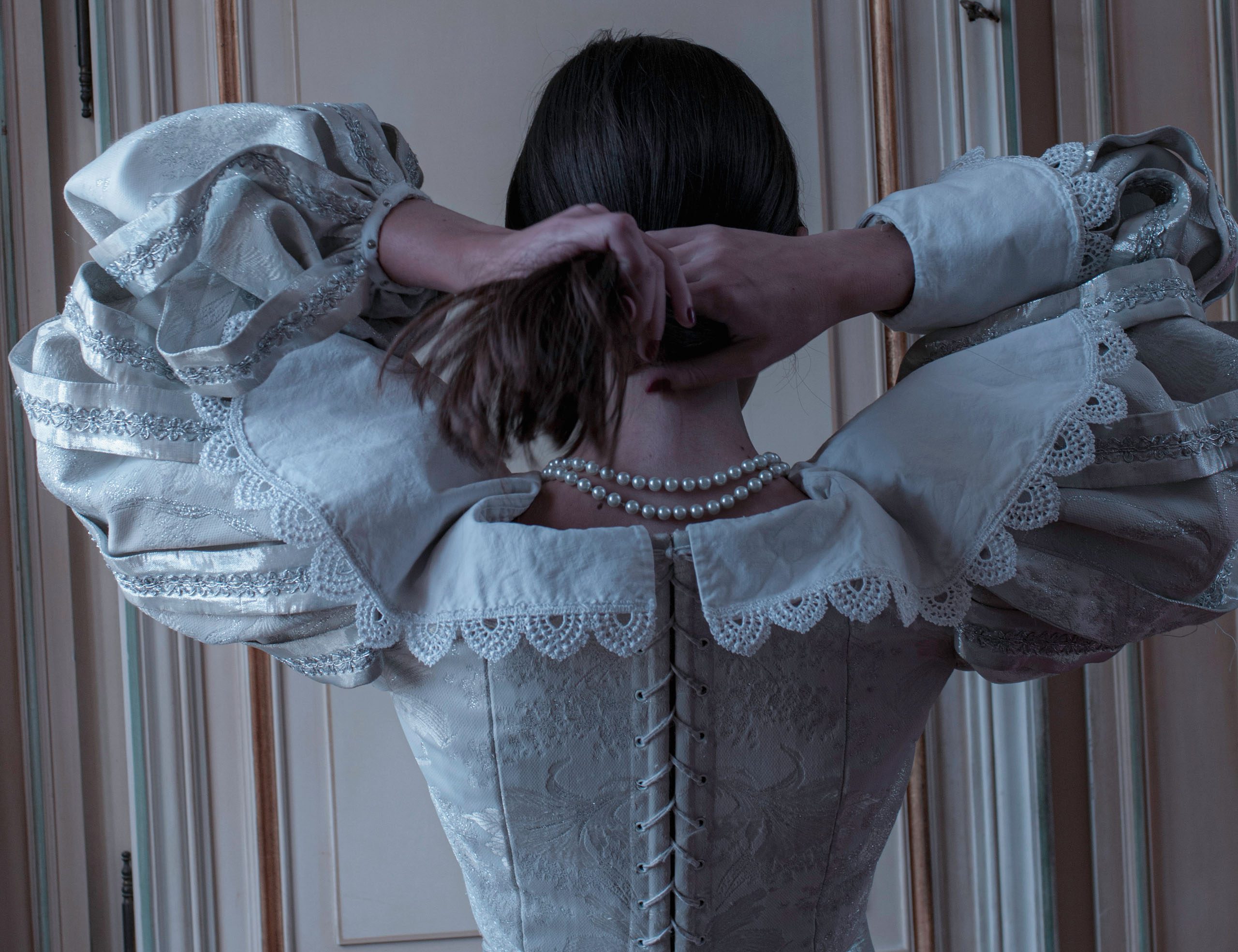Warning: this article contains spoilers for the Academy Award-winning film Poor Things.
Poor Things: you either love it or you hate it.
I went into this movie with the same disclaimer from almost everyone I knew who’s seen it: it’s weird.
(Honestly, given the endless barrage of Marvel movies and lazy reboots, I welcome weird.)
But between the flowery dialogue, fantastical sets, and themes of human sexuality, I discovered something surprising:
Poor Things is a romance.
Not in the traditional sense but in the way communication, trust, and autonomy are inherently romantic when it comes to relationships.
I watched through the lens of a prenup attorney, following Bella in her search for independence and exploring the ins and outs of autonomy, trust, and the institution of marriage.
Allow me to explain.
Poor Things Plot, Summarized

Poor Things follows Bella Baxter, the main character, on a journey of self-exploration.
Set in a pseudo-fantastical Victorian-era London, Bella is the product of an experiment: an adult woman’s body transplanted with the brain of an infant.
As Bella’s brain function advances, the doctor (Godfrey “God” Baxter), who Frankenstein-ed her, becomes more apprehensive about allowing her out in the world.
Dr. God and his medical student, Max McCandles, begin to experiment with taking Bella out, causing her to become increasingly adamant about exploring the world and herself.
A chance encounter with a wealthy playboy, Duncan Wedderburn, eventually gives her an avenue to escape, but not before an engagement to Max and the eventual support of Dr. God.
Through it all, Bella promises to return when her curiosity is satiated.
Thus begins a whirlwind of travel and sexual exploits.
Love vs. Possession

Throughout the movie, Bella experiences a push-and-pull between love and possession, proving these two things can’t co-exist in a successful relationship.
Bella & Duncan
Bella’s relationship with Duncan Wedderburn is a textbook example of what happens when you confuse love with possession.
Known as a playboy, Duncan isn’t accustomed to emotional detachment from his sexual partners, and it’s obvious this draws him to Bella even more.
Meanwhile, Bella approaches their relationship empirically, using Duncan as a trial and error for her self-discovery.
As they bounce across Europe, it’s obvious Duncan’s only interest in Bella is her disinterest in him. The more attention she gives to other pursuits, the more Duncan’s jealousy flares, and his professions of love coincide with his outbursts of jealousy.
Duncan doesn’t love Bella, though. He loves the idea of possessing someone impossible to possess.
Not only this, but Duncan is also incapable of expressing his frustrations with Bella. Remember, Bella has a limited understanding of human emotion, especially in matters of love.
As she steps into her own, Duncan emotionally spirals, unable to effectively express himself and further complicating their relationship.
Equating love and ownership is a recipe for disaster, and for Duncan and Bella, this is undoubtedly true.
Only when Bella unknowingly joins a brothel to make them money does Duncan decide she’s no longer only his but also the devil (the logical conclusions of a well-adjusted man).
Bella & Alfie
Near the end of Poor Things, we discover Bella’s body actually belongs to Victoria Blessington, a high-society woman with questionable morals whose husband comes to collect Bella.
It doesn’t take long to learn Victoria’s husband, Alfie, has psychotic tendencies, locking her up in their mansion and planning to perform a surgical operation on her without consent.
Much like Duncan, Alfie is obsessed with the idea of owning Bella. It seems she’s cursed with men who see her as a trophy instead of a partner.
Luckily, Bella narrowly escapes Alfie and gets her special revenge as well.
So, while maybe we shouldn’t take the lesson here literally (I wouldn’t recommend turning a scorned ex into a goat), the symbolic lesson is still valuable: keeping people in a mental prison through possession and control is not the foundation for a thriving relationship.
The takeaway is love requires patience, communication, and autonomy. Without these key ingredients, a relationship becomes stifling and breeds contempt.
The Value of Autonomy

I wouldn’t call bribing someone into an engagement romantic, but how Bella and Max’s relationship plays out exemplifies how autonomy builds trust.
Dr. God and Max must grapple with their own fears and emotions about allowing Bella to leave their purview. While Max doesn’t let her go easily, it’s obvious his worries are related to Bella’s safety with Duncan more than any desire to keep her on a short leash.
By the movie’s end, Max proves himself a supportive partner — someone who gives Bella her space to be her own person, knowing her pursuits are critical to her overall growth.
This is arguably the most romantic element of the movie. Of all Bella’s romantic relationships, Max is the only person to give her the gift of trust, enhancing their partnership and resulting in a happy (and consensual!) engagement.
While the movie’s ending leaves their fate open-ended, the takeaway is still impactful:
Trust begets respect. Allowing each other to pursue individual activities and interests is the foundation of your collective growth and a healthy relationship.
Self-Respect is Romantic

Sure, Poor Things doesn’t have the operatic anthems or meet-cute of your classic romance, but it does have something equally compelling: a story of how trust and autonomy support self-respect and success in partnerships.
Bella starts as an emotionally stilted infant in a woman’s body. Through her ventures, she comes fully into her identity, which is constructed not only from her life experiences but also from the relationships and supportive partnerships built along the way.
What’s more romantic than that?